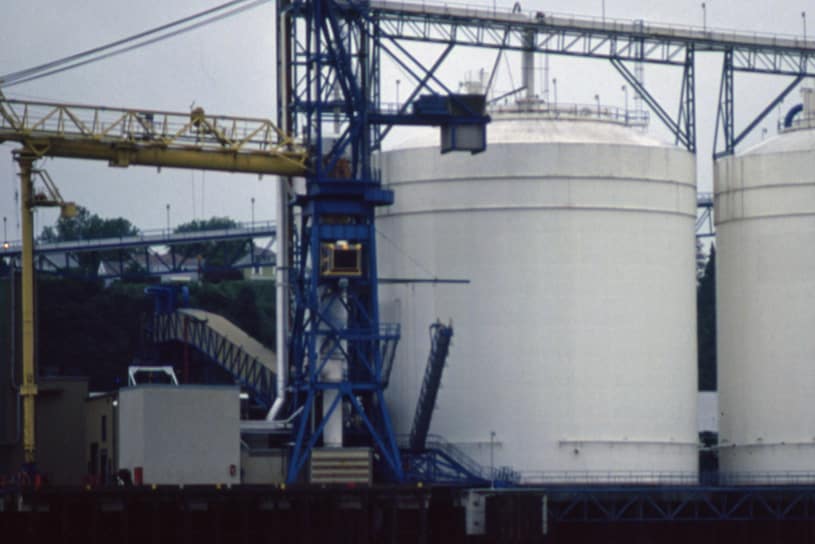Lawsuit Seeks New Toxic Standards in Washington Waters to Protect Salmon
Asserting that the U.S. Environmental Protection Agency (EPA) has failed to bring Washington State’s water quality toxic standards out of the last century, an environmental group sued the federal agency on Tuesday.
The lawsuit, filed in federal district court by the Portland, Oregon-based Northwest Environmental Advocates (NWEA), challenges EPA’s failure to respond to an 88-page petition submitted to the federal agency over three
“EPA has the obligation to step in when states fail to carry out the Clean Water Act,” said Nina Bell, NWEA Executive Director. “Here, EPA and the Washington Department of Ecology cry crocodile tears over the toxic pollution in Puget Sound and yet for decades they have failed to update the very foundation of the state’s pollution control program.”
Delays in developing new toxic standard for Washington to protect human health from toxics—known as the “fish consumption rule”—have been the subject of a long-running controversy and lawsuits in the state between EPA, the Department of Ecology, American Indian tribes, and environmental groups. Ignored entirely, except by NWEA’s petition, have been the state’s fish protection standards, which have languished without updating for as long.
As explained in NWEA’s petition, Washington last revised most of its aquatic life criteria in 1992, 24 years ago, instead of the every three years required by law. Despite this Clean Water Act requirement, EPA has taken no action to update Washington’s aquatic life criteria.
“EPA’s failure to bring Washington’s water quality standards out of the last century completely cripples how the Clean Water Act works to limit unhealthy levels of toxic discharges,” said Bell. “Some of these toxic pollutants are known to cause serious damage to threatened and endangered species that depend upon Washington’s waters and even that has not motivated any action.”
Bell added, “The public should be outraged at the agency’s hypocrisy. EPA plasters its website with the deteriorating status of orca whales, Chinook salmon, and the many other fish and marine mammals in Puget Sound that are suffering health defects from toxic contamination. But when it comes to following the most fundamental provisions of the Clean Water Act to protect these species, EPA has turned a blind eye.”
Bell points to one toxic pollutant—copper—to illustrate the problem. Copper is discharged in stormwater, treated sewage, and industrial wastes. Copper is well known to have many negative impacts on salmon including inhibiting their ability to smell their way to the streams in which they were hatched and to avoid predators. In Oregon and Idaho, the National Marine Fisheries Service (NMFS) has found that existing copper standards jeopardized threatened and endangered salmon. And in 2007, EPA issued new national recommendations on copper standards. Yet there is no schedule to update Washington’s copper standards to protect salmon, steelhead, and bull trout in Washington.
In the lawsuit filed today, NWEA identified the following toxics as not having been updated as required by law: acrolein, aluminum, ammonia, arsenic, carbaryl, cadmium, chromium III, copper, cyanide, demeton, diazinon, dieldrin, endrin, guthion, heptachlor epoxide, iron, Lindane, malathion, mercury, methoxychlor, mirex, nickel, nonylphenol, pentachlorophenol, PCBs, selenium, and tributylin.
As a result of lawsuits filed by NWEA regarding toxic standards in Oregon and Idaho, the federal fish and wildlife agencies have concluded that many of the pollutants with outdated standards in Washington pose “jeopardy” to the survival of salmon, steelhead, and bull trout, including: aluminum, ammonia, arsenic, cadmium, copper, lead, nickel, selenium, zinc, cyanide, and mercury. Many of these pollutants are found in Puget Sound stormwater.
NWEA is represented in this case by Lia Comerford of the Earthrise Law Center at Lewis & Clark Law School (Portland) and Bryan Telegin of Bricklin & Newman (Seattle).

